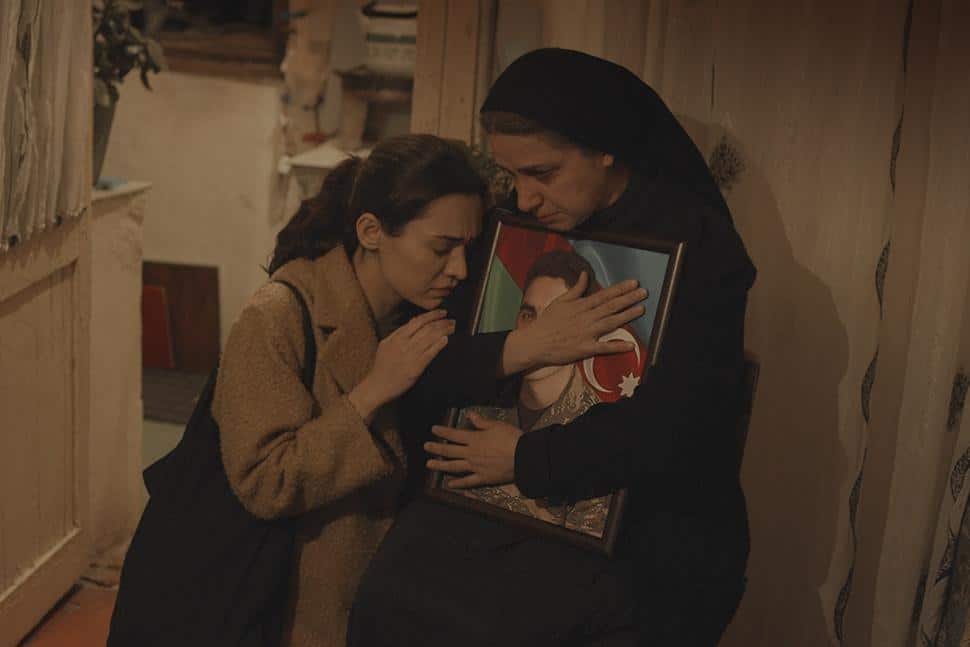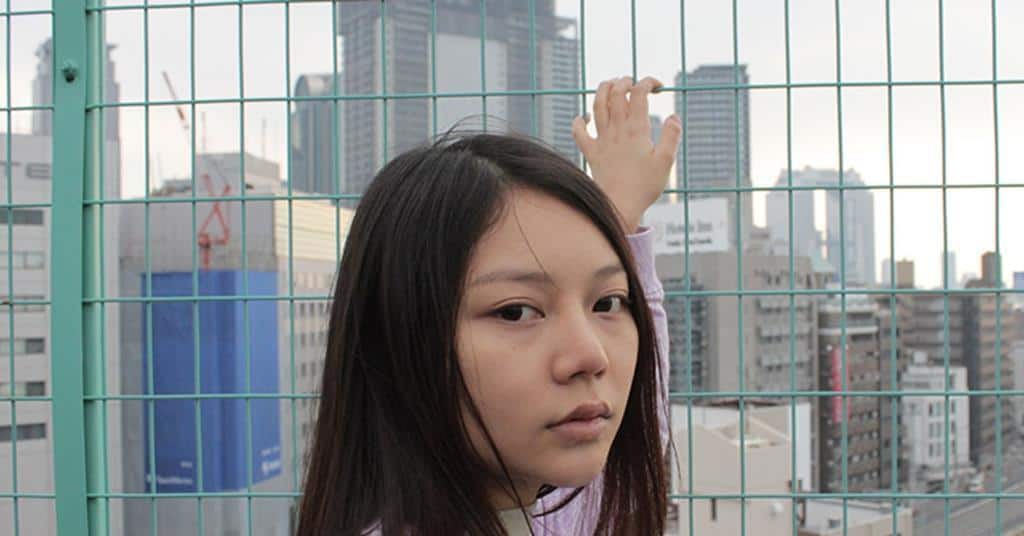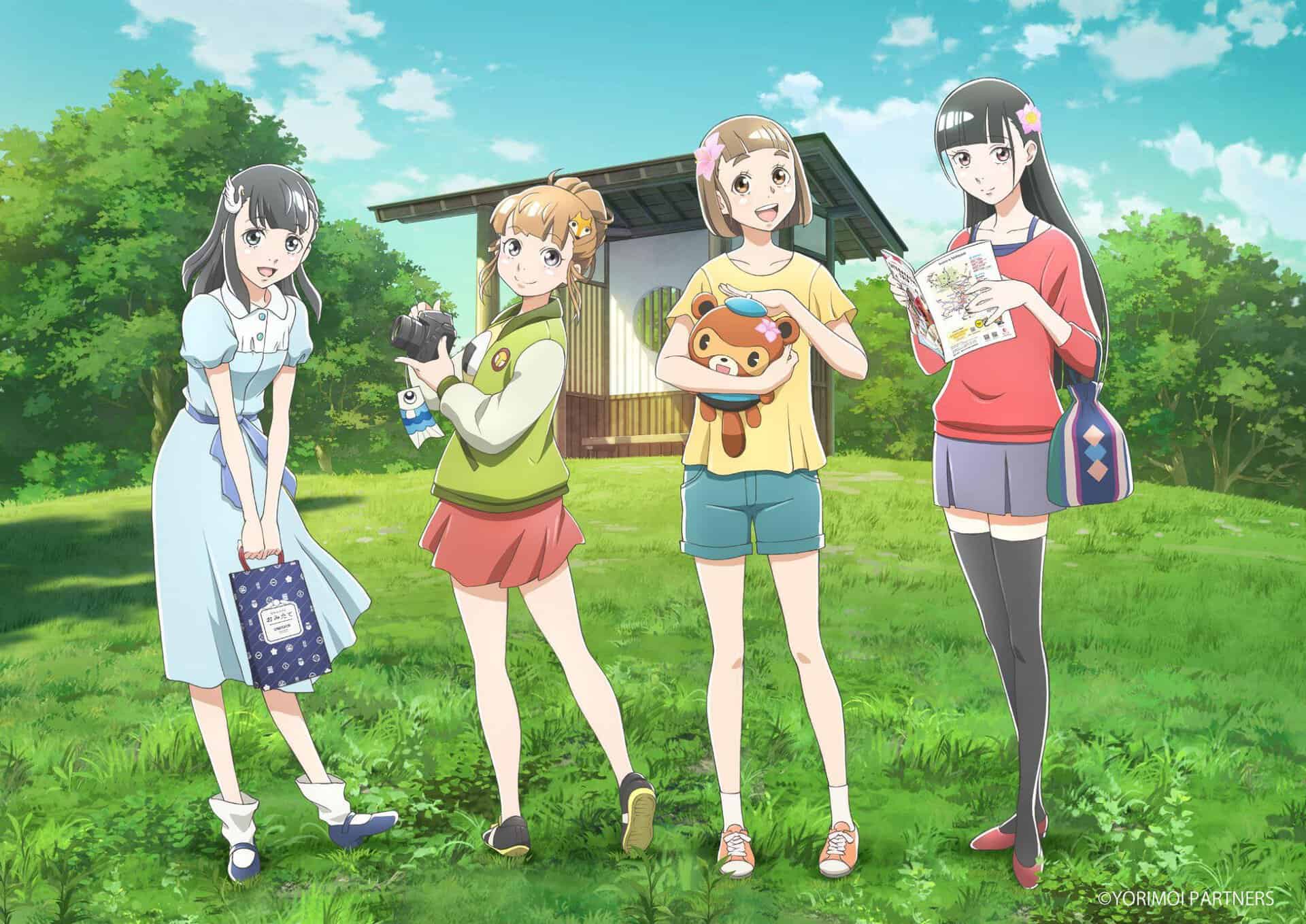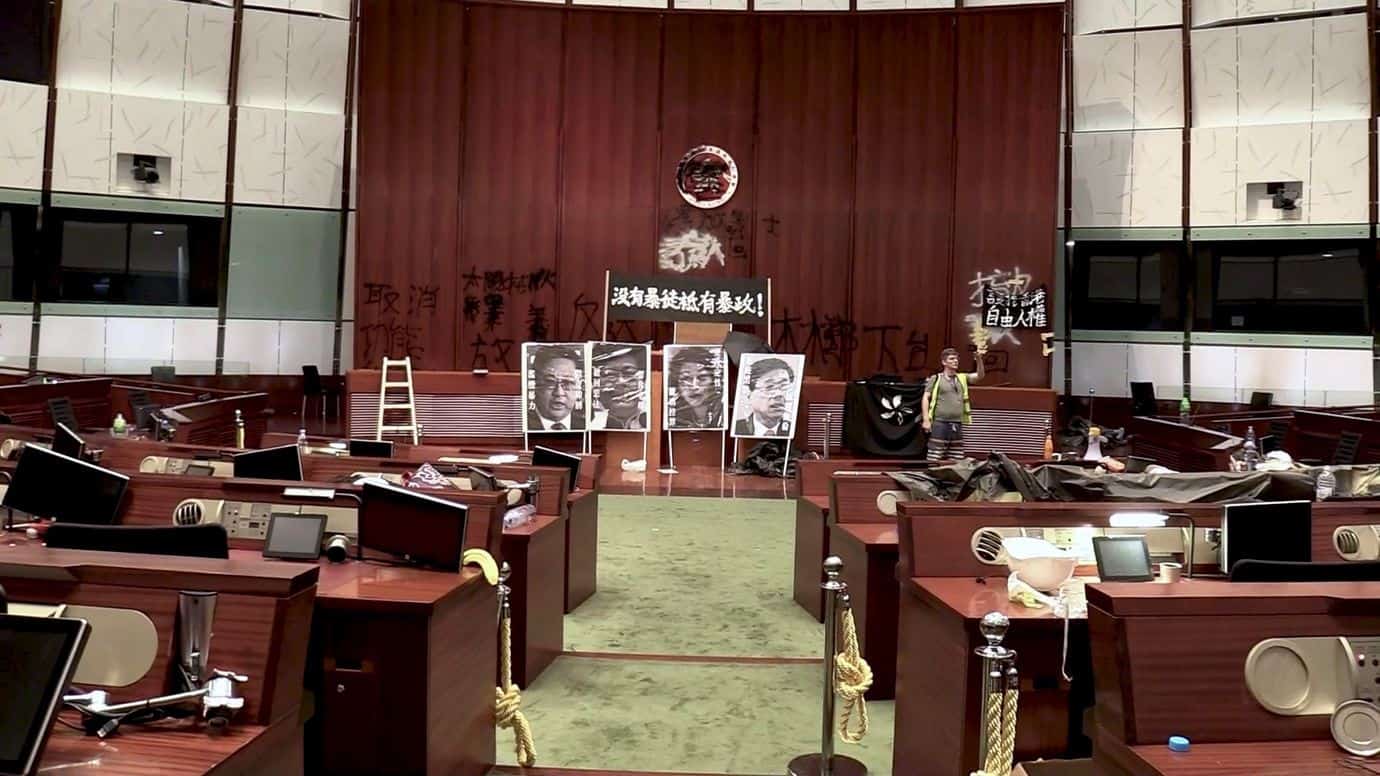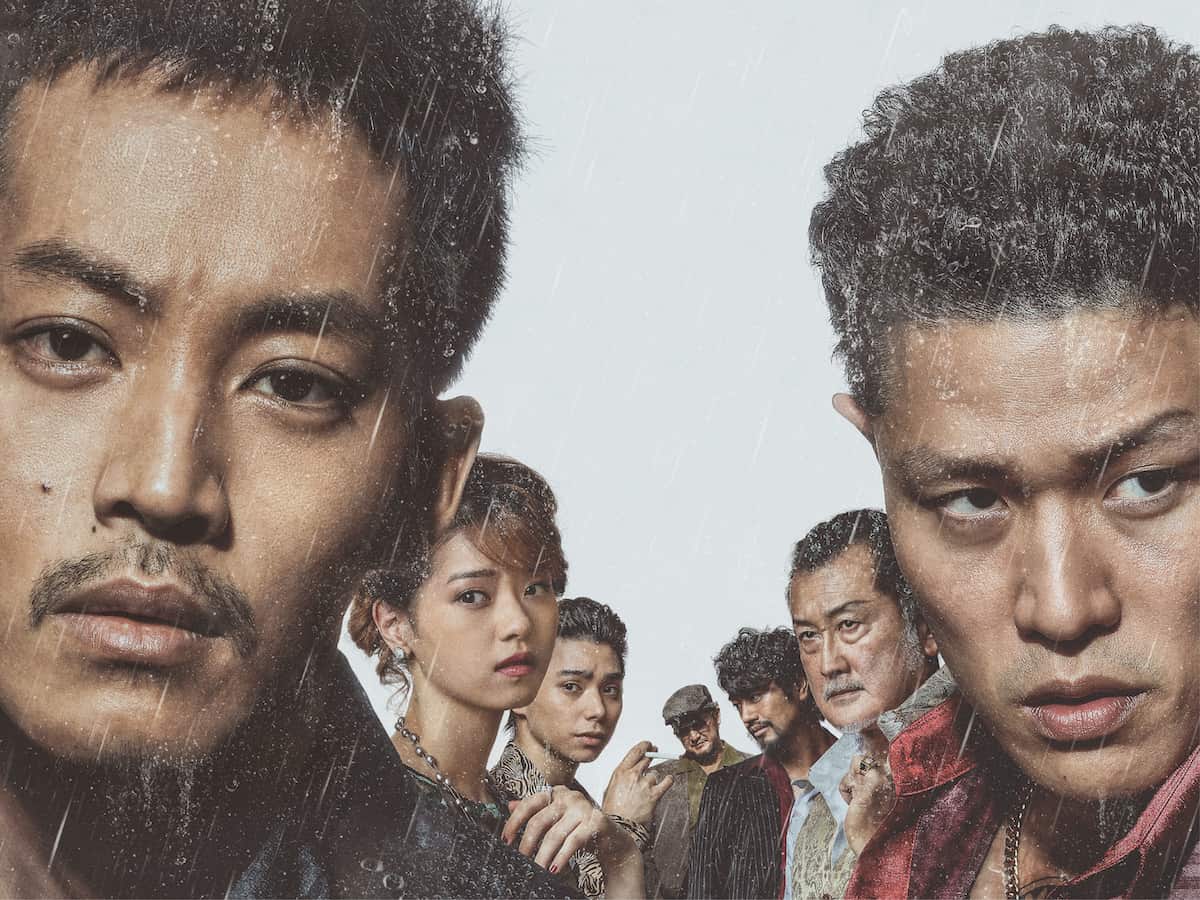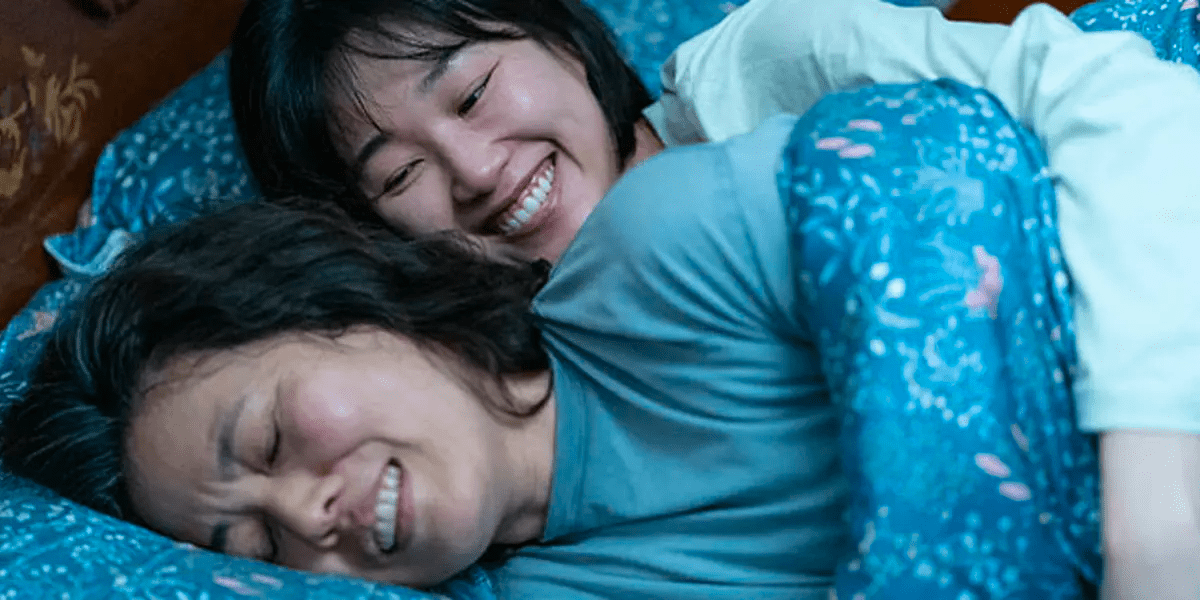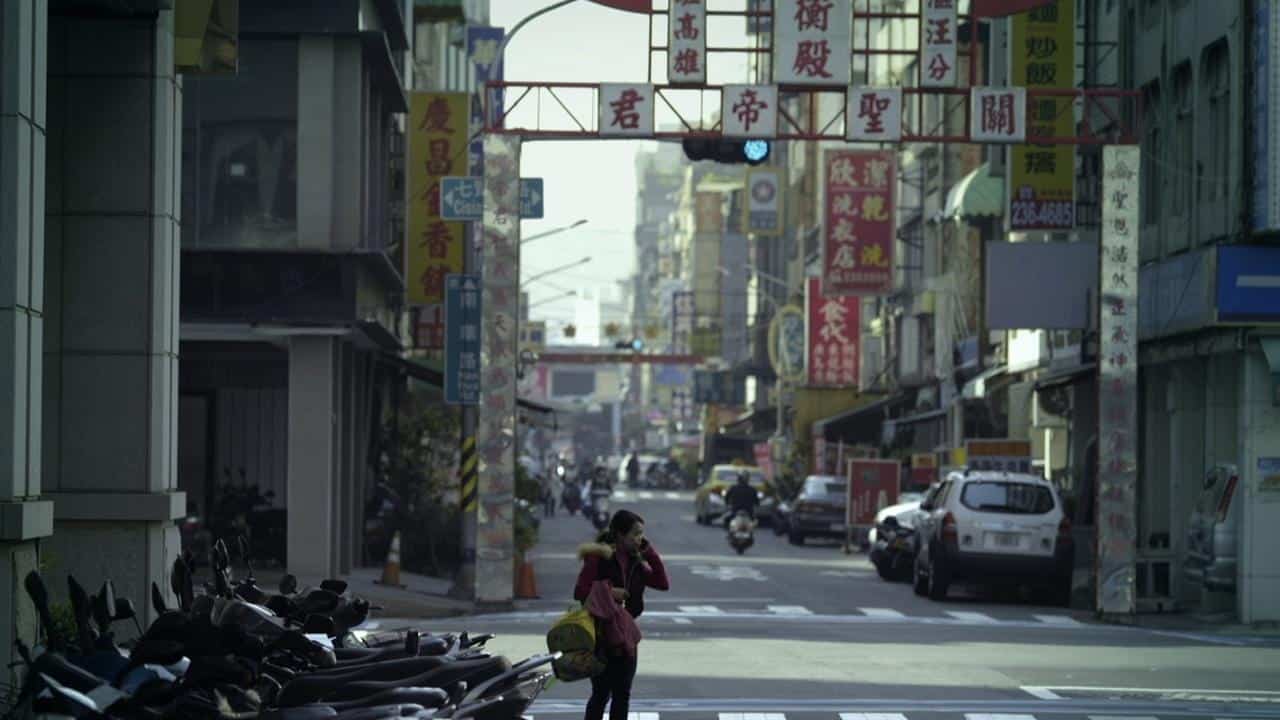Azerbaijan's cinema history dates back to the late 19th century, but the national cinema has been dominated by male filmmakers ever since. Such lack of diversity tends to push the national cinema to the margins of the global festival circuit, making it obscure for the wider audiences. Maybe the young Los Angeles-based actress-turned-filmmaker Tahmina Rafaella could provide the solution to the problem with her directorial debut “Banu” which premiered at 2022 edition of Venice as a part of Biennale College Cinema programme.
Banu is streaming at Film Movement Plus
It would be the easiest to describe it as a riff on the Dardenne brothers' “Two Days, One Night” (2014), but on the topic of divorce and set against the backdrop of the Second Nagorno-Karabakh War which took place in the autumn of 2020. The titular protagonist, played by the filmmaker herself, is a school teacher with a problem. Her rich and influential husband Javid (Zaur Shafiyev) took their son Ruslan (the newcomer Emin Asgarov) from her just days before the final court hearing about their divorce case. Preoccupied with the war and the imposed curfew, the police is unwilling to assist her, so her lawyer (Jafar Hasan) suggests that her only hope in the custody battle is to find a witness outside of her immediate family who would confirm that Javid was abusive towards her or Ruslan. However, the trouble is that virtually nobody, not even her own mother (Melek Abbaszadeh), is willing to confront Javid and his family directly.
As Rafaella said in the interviews, the problem of Azerbaijani women being able to legally divorce, but unable to obtain the custody of their children practically is a long-standing one in the country. It could be linked to the patriarchal culture that has survived the secularization during the communist, Soviet times, as well as the economic liberalization of the 90s and the oil boom in the 21st century that brought growth, but only to the chosen few.
We can see the details of that on the margins of the usually long hand-held takes behind the back and over the shoulder of the protagonist in Touraj Aslani's cinematography, in which Baku is portrayed as a modern capital city, but with a lot of architectural paradoxes that highlight the differences betweentradition and modernity, as well as between the haves and the have-nots. A high point is also the relatively quiet sound design by Ensieh Maleki in which the dialogues overlap with the news from the radio and the TV sets, along with the street sounds of the crowds that celebrate the military successes and chant in support of the families of the fallen soldiers.
From that, it is obvious that Tahmina Rafaella as a filmmaker has the talent and the method to create and capture the atmosphere, while also commanding the screen as an actress with considerable presence in every scene of the movie. Her effort is complemented with those of the supporting cast members, with Melek Abbaszadeh and Zaur Shafiyev especially in the spotlight whose characters oppose the protagonist in the generational and social conflicts, respectively.
However, the most interesting aspect of “Banu” is its treatment of the war that is not the primary topic of the film, but serves as more than just a simple coulisse, since it is the primary concern of the whole society at the moment. In the end, Rafaella slightly overplays that card with some heavy-handed symbolism to prove a point that it might be men who are fighting in the trenches, but the women are those who are losing their loved ones, but “Banu” is still a very interesting and strong first-time filmmaking effort.


